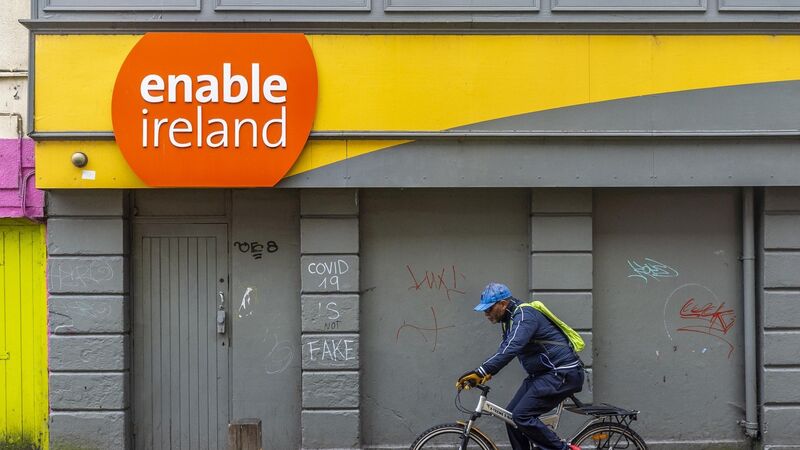Irish Examiner view: Why pass our obligations to charities?

One assessment predicts that Irish charities face a fall in income of around €440m. Picture: Andy Gibson
The German comedian Henning Wehn has a sketch about charities: "We don't do charity in Germany. We pay taxes. Charity is a failure of governments' responsibilities." Like all good comedy, German comedy too, it has more than a kernel of truth in it.
However, any response to that argument, be it a belly laugh or a half shameful examination of the floorboards, will depend on your politics. In this instance, we are indeed far closer to Boston than Berlin so Wehn could expect a bemused rather than an amused reaction from an Irish audience.













